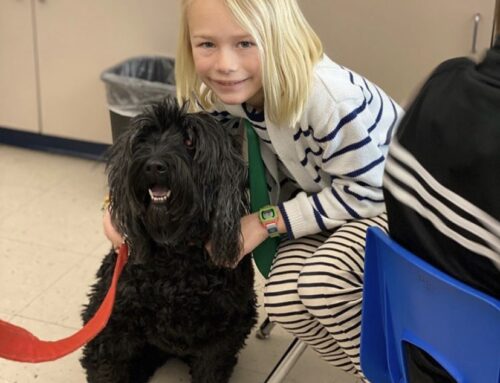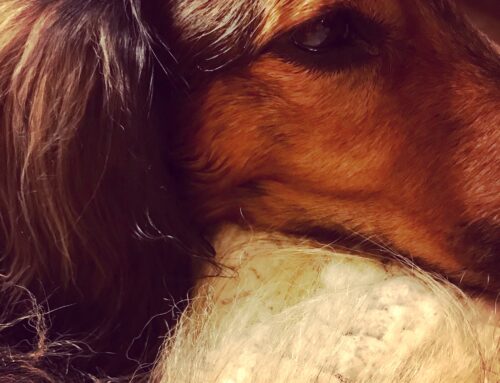
Authenticity in the World of the Filtered Lens
‘If you can’t compare yourself to others, then how do you know if you’re allowed to like yourself?’
I can’t remember where I read this, but I wrote it down and tucked it away. It resonated then and continues to speak to me now. Part of developing a healthy identity depends on finding where we belong. If perfection is the role model for finding out who we are, and where we fit in the bigger picture, then we will fail to ever fully develop a secure identity.
We’ve created the perfect narrative by only showing our very best side. The perception that others’ lives aren’t messy often leaves us feeling worthless. When reality is disguised through the filtered lens, a true comparison can’t be made, and we are striving for something unattainable… perfection. We often see others’ lives as far more fulfilling than our own.
In a world that strives to hide the ‘ugly’, we find mental health negatively impacted. People are often uncomfortable with the unattractive parts of their lives, but we all have them. We are continually comparing ourselves to others based on what we see in movies, television and on social media. If we aren’t certain that what we are feeling or experiencing is normal, and we have no barometer for ‘typical’, then we feel lost and alone. Feelings of isolation lead to loneliness and affect our sense of self-worth, and for those who already struggle with underlying mental health disorders, low self-esteem complicates an already complex profile.
If we can make comparisons based on someone’s authentic version of themselves, it allows us to find similarities leading to meaningful connections, assuring us that we aren’t alone. Connection is crucial to an overall sense of belonging, and belonging is critical to feeling you are valued. Our mental health and overall sense of wellness is dependent on these feelings.
If we knew that our struggles were universal, perhaps we would be better able to handle life’s disappointments. Being relatable and offering others a chance to identify with you, may offer feelings of inclusion and therefore, provide hope. Creating a perfect version of life, may cause others to feel they will never be enough. We all deserve to believe that we are enough.
Recently, someone shared their summer vacation photos on Facebook, and while they showed the happier side of a family summer vacation, they thoughtfully cautioned everyone with the raw and honest version of what vacation was like. They shared that while the pictures made them look joyful and carefree, the vacation had moments of family strife and disappointments.
I loved this authenticity. There was something about this truth that allowed the reader to know that a picture is not always worth a thousand words; that behind the laughter and the sun kissed smiles, there had been tears and unkind words, arguments and just plain ‘ugly’. Now who among us can’t relate to that?
Finding our true selves, recognizing we aren’t alone, making connections and feeling a sense of belonging, these are all critical to healthy development.
I encourage all of us to take off the rose-colored glasses from time to time and share some of life’s more uncomfortable moments. Perhaps this will go a long way in helping to strengthen others sense of well-being.
How can animals help us along the way? They are the ultimate role model for authenticity.
Stay tuned for more on how Project Paws seeks to impact social emotional learning, foster the human animal bond, and restore hope.





